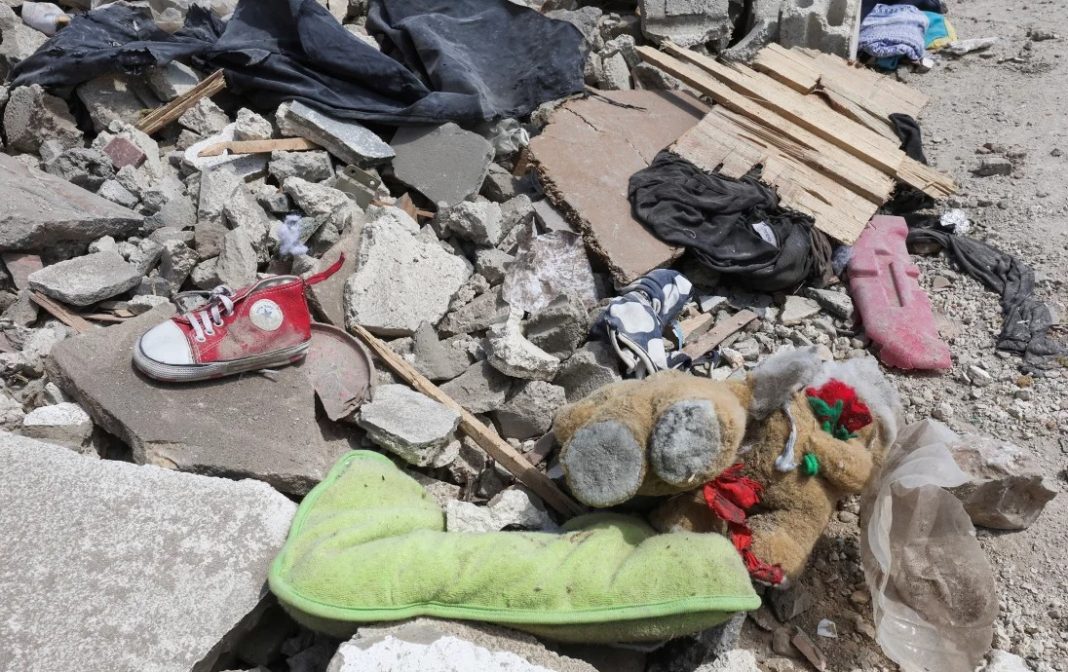The death toll from the attack in the Nabatieh area included “a woman and her two children” and left five other people wounded, two critically, the ministry said in a statement on Saturday, adding that a residential building was hit.
Israel’s military claimed on its Telegram channel that the air force had struck a weapons warehouse of the Lebanese armed group Hezbollah overnight “in the area of Nabatieh”.
Lebanon’s National News Agency reported a brick mill at the outskirts of the northern town of Wadi al-Kfour was hit, and among the dead were the caretaker of mill, a Syrian national, and his entire family.
There was no immediate comment from Hezbollah.
The strike is among the deadliest in Lebanon since Hezbollah started trading near-daily fire with Israel in support of its ally Hamas and in solidarity with the Palestinian people since the October 7 attack on southern Israel and Israel’s subsequent war on Gaza.
According to the Armed Conflict Location and Event Data Project, Israel, Hezbollah and other armed groups in Lebanon exchanged at least 8,533 attacks across the border from October 7 to July 31.
Israel conducted about 82 percent of these attacks, totalling 7,033 incidents, killing at least 601 people in Lebanon.
Hezbollah and other armed groups were responsible for 1,500 attacks that killed at least 23 Israelis.
Tensions have soared after a deadly rocket attack in July killed at least 12 people – many of them children, in a Druze village in the Israeli-occupied Golan Heights, which Tel Aviv blamed on Hezbollah. The group denied it was responsible for the attack.
Israel then killed Fuad Shukr, a top Hezbollah commander, in a missile attack in the suburbs of Beirut.
Hezbollah has promised to retaliate, as has Iran, for the killing in Tehran of Hamas’s political chief Ismail Haniyeh.
The assassinations by Israel and threats of retaliation have prompted fears of a major regional escalation.
Since Israel and Hezbollah last went to war in 2006, the Iran-aligned armed group has increased its military strength, according to analysts.
On Friday, Hezbollah released a video appearing to show its fighters transporting large missiles through tunnels at an underground facility in what appeared to be Lebanon.
Hezbollah has repeatedly said that only a Gaza ceasefire deal will stop its attacks on Israeli forces in northern part of the occupied territories.
